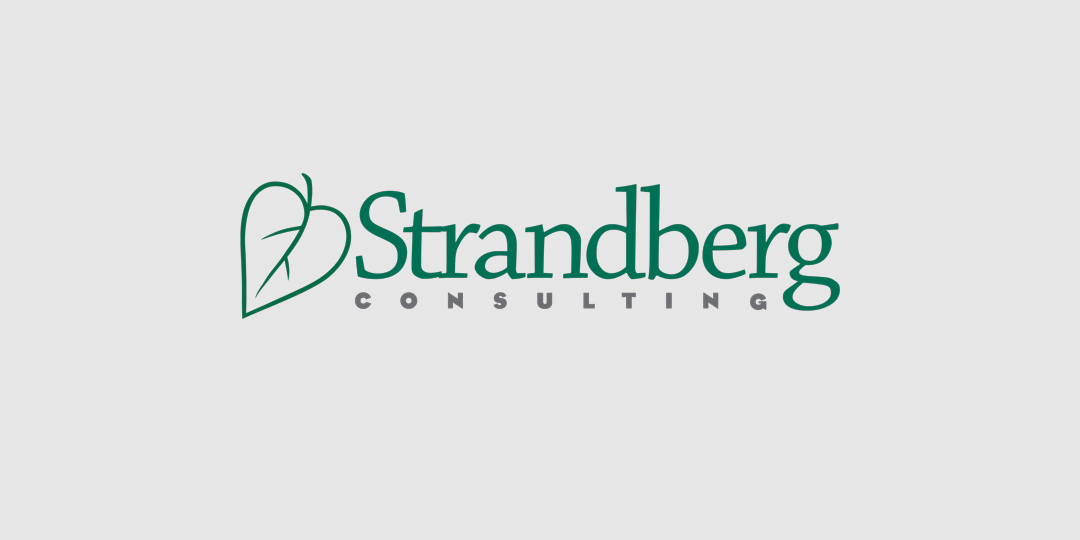Part 5 of 7 in the series: Sustainability Leadership Competencies
This is the fourth article in a series on Sustainability Leadership Competencies. So far, I have provided an overview of sustainability talent management, and have delved into the importance of systems thinking, external collaboration and social innovationcompetencies. This time, consider the reasoning behind including “sustainability literacy” in your organization’s existing leadership competency models.
Sustainability literacy is the only leadership competency in the Sustainability Talent Management guide that refers explicitly to sustainability. Leaders who have a foundational grasp of the language and principles of sustainability are more likely to have the knowledge and mindset to understand its relevance to their business and society. Those who manage departments, budgets and staff need to be familiar with these ideas to bring them into their mandates and act on them.
What is it?
It is the knowledge of how environmental, economic and social sustainability impacts the organization and in turn, how the organization impacts sustainability. It requires an awareness of how to improve the organization’s sustainability performance and how the organization and business model can be adapted to generate positive business and societal benefits.
Why does it matter?
Sustainability forces will affect commercial and societal success over the medium to long term. Forward-thinking companies will leverage the sustainability trends to design new business models, building their social license to operate, grow and positively influence societal outcomes. Leaders who apply their sustainability knowledge can enhance value protection and creation – and foster competitive advantage for the firm.
What existing competencies does it build upon?
In my report I provide a set of illustrative behaviours that demonstrate proficiency at either the foundational or the advanced level of sustainability literacy. Each competency builds upon and enhances existing leadership competencies and is designed to complement current organizational development processes, rather than replace them.
When thinking about sustainability literacy competencies, here’s a summary:
- Builds upon these conventional competencies: Business Acumen and Financial Leadership
- New foundational competencies: Sustainability Strategy and Functional Knowledge
- New advanced competencies: Social Purpose and Embedment Knowledge
Up Next
Next in this series we’ll explore Active Values as the fifth and last key leadership competency.


